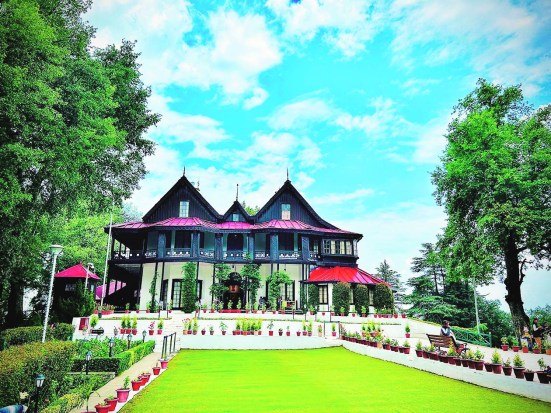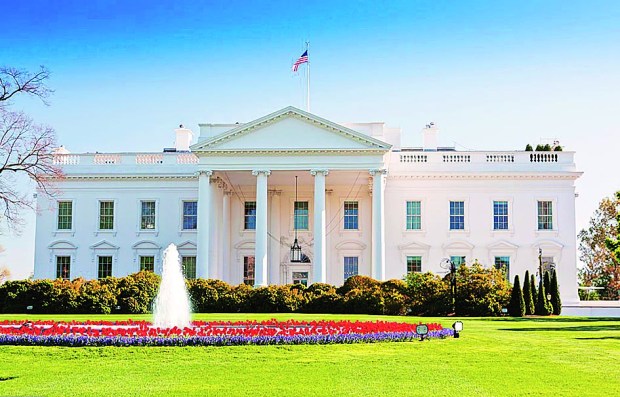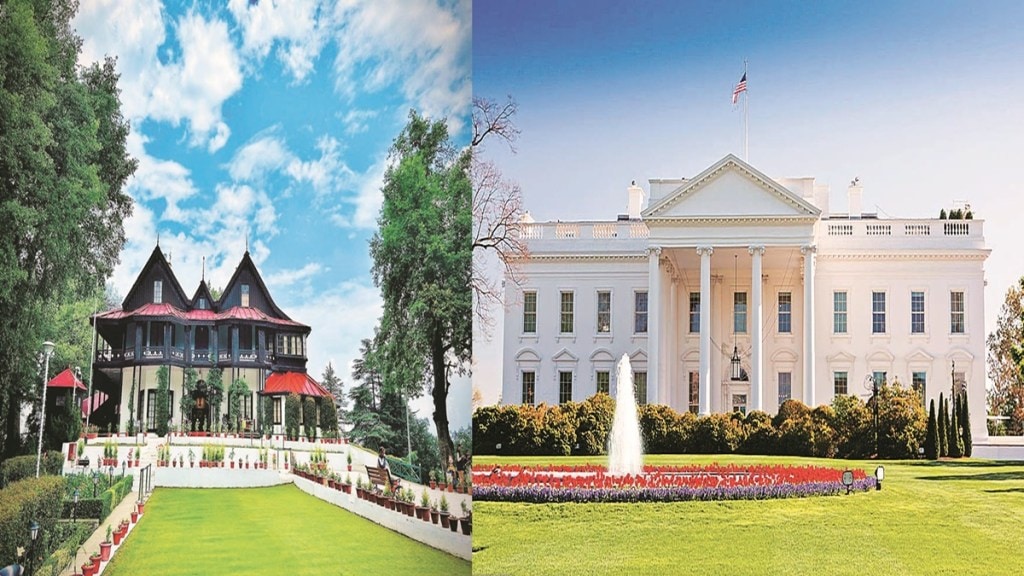In a quiet corner of Dehradun, hidden behind pine trees and winding roads, there lies a piece of history which, hitherto, was available to very few. From June 24, that is going to change. For the first time in history, Rashtrapati Niketan, the presidential retreat in Uttarakhand, will be open to the public. The President’s Office announced on May 24 that it was a major move towards making India’s democratic institutions more accessible and interactive to citizens. The estate, a vast 21-acre spread that’s 186 years old, was originally called Rashtrapati Ashiana. It was primarily used by the president’s bodyguards for horse practice. Now, after it’s being turned into an open-to-the-public heritage building.
Citizen engagement
The opening of Rashtrapati Niketan is part of a larger initiative that began in 2023. Since then, the Rashtrapati Bhavan in Delhi, Rashtrapati Nilayam in Hyderabad, and Rashtrapati Niwas in Mashobra (Shimla) have all been made accessible to visitors six days a week. Earlier this year, in February, the change of guard ceremony was given a public-friendly makeover. It was started at the forecourt of the Rashtrapati Bhavan in a new format with increased seating capacity. This slow but steady opening-up of presidential spaces is not just about tourism or tradition, it is about building a closer connection between the highest office in the land and the people it represents. And Rashtrapati Niketan, with its mix of history, art, architecture and nature, fits that bill.

What you will see at Rashtrapati Niketan
The historic building now features a thoughtfully curated art collection and provides insights into its storied past.
Visitors can also explore the stables and horses of the president’s bodyguard. Other highlights include the Lily Pond, Rockery Pond, Rose Garden and Pergola, all adding to the charm of the experience. Beyond Rashtrapati Niketan, visitors can head to Rashtrapati Tapovan, a 19-acre lush forest trail located on Rajpur Road, Designed as a peaceful retreat into nature, Tapovan boasts a dense canopy of native trees, meandering paths, wooden bridges, elevated bird watching platforms and tranquil spots for meditation. It has been created to foster a deeper connection with nature through guided walks, seasonal blooms and eco-educational features. President Droupadi Murmu will lay the foundation stone for Rashtrapati Udyan, a 132-acre ecological park, on June 20.
Global trend
In the United States, the White House offers public tours and hosts events such as annual Easter Egg Roll and Christmas Open House, providing citizens a chance to engage with the nation’s highest office in informal, participatory settings.
Its springtime tradition is free but requires tickets, which are given out outside the White House Visitor Center on the day of the tours. The White House Kitchen Garden, the Rose Garden, and the Jacqueline Kennedy Garden are all open to tour participants.

Similarly, France’s Élysée Palace, the official residence of the President, opens its doors during the European Heritage Days (Journées Européennes du Patrimoine) each year. Visitors can explore the gardens, Cour d’Honneur, and historic rooms like the Golden Salon and the President’s office.
The United Kingdom holds summer tours of Buckingham Palace, the official residence of the monarch in London. It has been the focus of national and royal celebrations, as well as the backdrop to the regular changing of guard ceremony. During the rest of the year the palace opens on selected dates for small-group guided tours.
In Canada, the Rideau Hall where the governor general who is the representative of the constitutional monarch lives, is the largest official residence in Canada’s capital Ottawa, and the only one open to the public. The website of Canada’s National Capital Commission says tours of the residence, art collection and grounds are offered all year long and that the grounds are open to the public in all seasons of the year for a range of concerts, ceremonies, celebrations and sporting events.
These gestures are not symbolic, they are deliberate. They are done to create trust, demystify power and create a sense of collective ownership of public institutions.
India’s initiatives are also making the office of the presidency a place of welcome to the larger public, where the real power resides.

